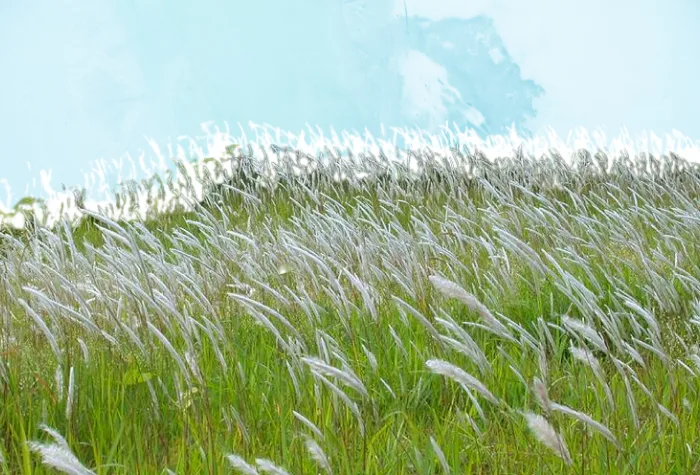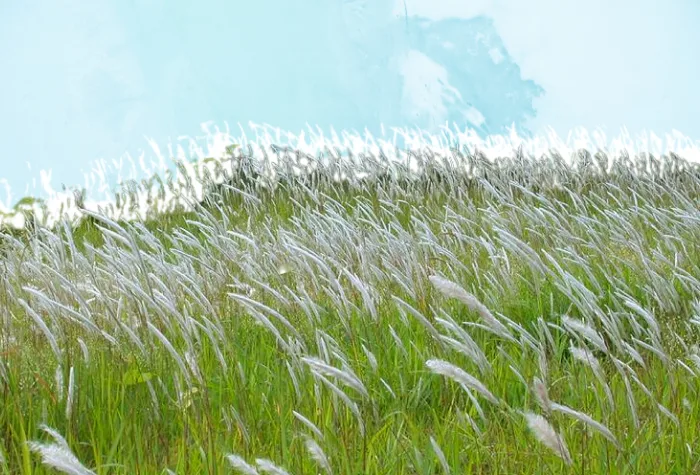
One of world's most invasive plants is being widely sold at garden centres
Experts recommend filling your garden with native plants.
Cogongrass, one of the world's most invasive plant species, is widely sold in the U.S., a new study has found.
It's just one of the hundreds of invasive plant species being marketed as ornamentals at 1,330 nurseries, garden centres, and online retailers, including 20 species that are illegal to grow or sell in the U.S.
"Once we've recognized that an ornamental plant can be invasive, we would hope that commercial sales of that species would stop," lead author Evelyn M. Beaury, a graduate student in organismic and evolutionary biology at UMass says in a statement.
"But our findings show that our current framework for removing invasive plants from plant trade isn't working. States are generally doing a good job limiting sales of their own regulated plants, but we found major inconsistencies in what's being regulated across state borders. Nearly all states had at least one of their regulated plants sold in a neighbouring state."

Cogongrass in a field in Japan. Image stylized by Cheryl Santa Maria. Cogongrass image credit: Keisotyo/Wikipedia CC BY-SA 3.0
The study's authors are calling on stricter regulation and consumer outreach to reduce the propagation of invasive plants.
The paper found cogongrass (Imperata cylindrica) available at 33 vendors in 17 states. Native to Southeast Asia, the plant is now established in several U.S. states, where it often outcompetes local vegetation. Removal can be difficult and expensive. According to the USDA, there are "no known effective biological control methods."
Plant breeders market their cogongrass as sterile cultivars, meaning they can't reproduce in the wild. But research shows not all plants are completely sterile and could still become invasive, the study's authors say.
CURATING A NON-INVASIVE GARDEN
Many provinces offer online guides highlighting native garden plants. For a nationwide reference, visit the Canadian Wildlife Foundation native plant encyclopedia.
Native plants provide numerous benefits, including acting as shelter and food for countless species and, in the case of milkweed, creating spaces for monarch butterflies to lay their eggs. Other bonuses: They can replace the need for a bird feeder and tend to require less care than their counterparts and are typically more weather-resistant.
"Learn your plants," Eric Davies of the University of Toronto's Faculty of Forestry told The Weather Network in 2020.
"Then you can help get rid of the invasive ones, and you can help collect seeds from the native ones. So we need to get rid of invasives on the one hand and plant more natives on the other."











